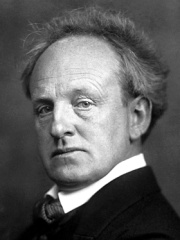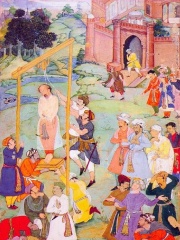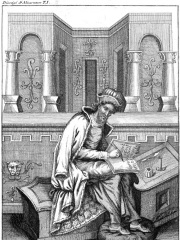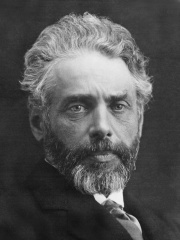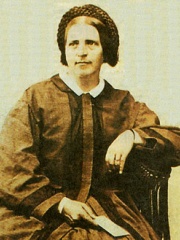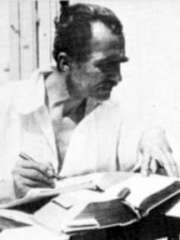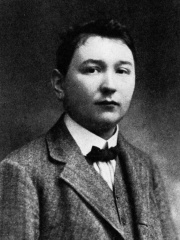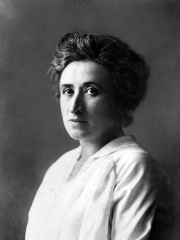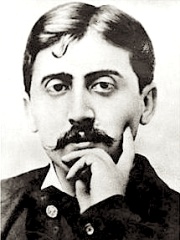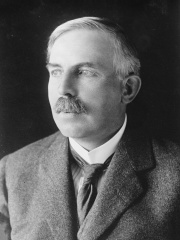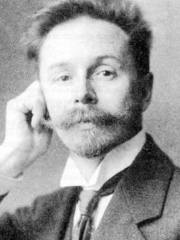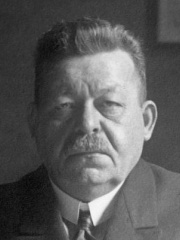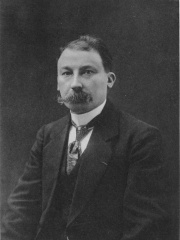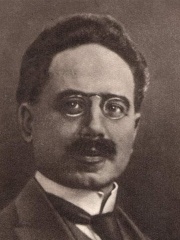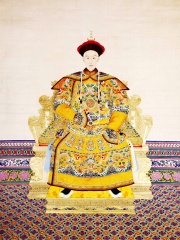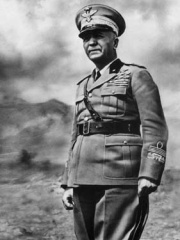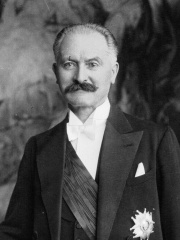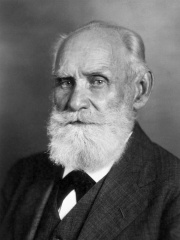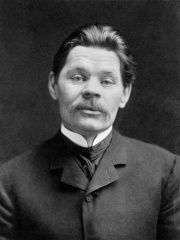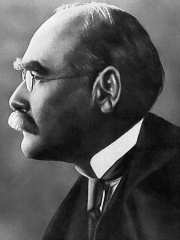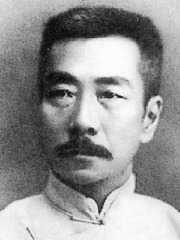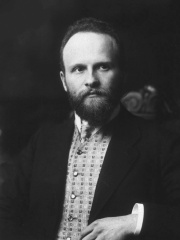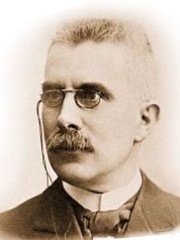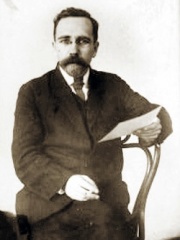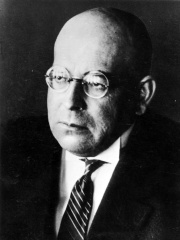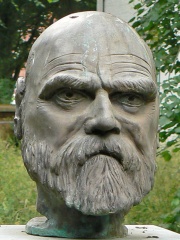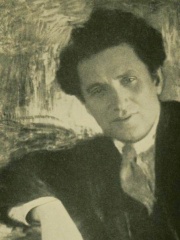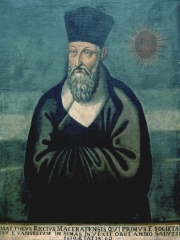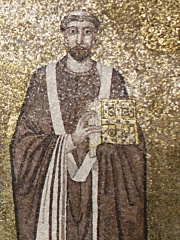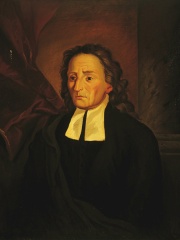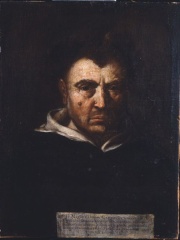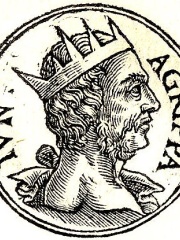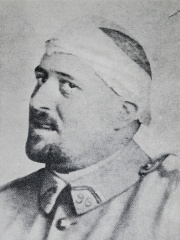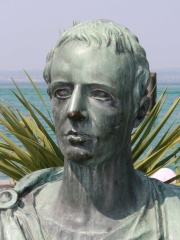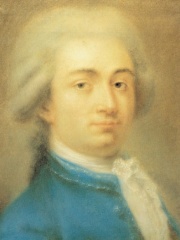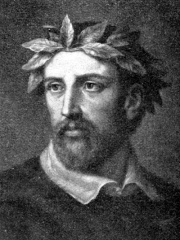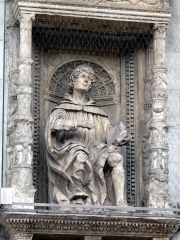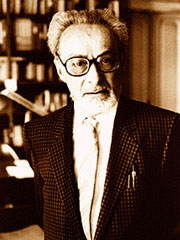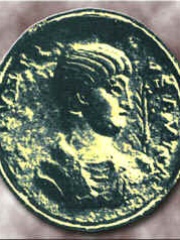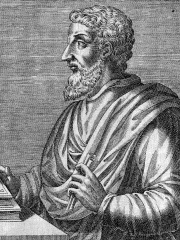Writer
Grazia Deledda
1871 - 1936
EN.WIKIPEDIA PAGE VIEWS (PV)
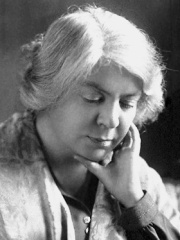
 Grazia Deledda
Grazia Deledda
Her biography is available in 98 different languages on Wikipedia. Grazia Deledda is the 251st most popular writer (up from 374th in 2024), the 367th most popular biography from Italy (up from 493rd in 2019) and the 19th most popular Italian Writer.
Grazia Deledda was a writer from Sardinia who won the Nobel Prize for Literature in 1926. She is most famous for her novel, "The House by the Medlar Tree," which tells the story of a poor woman who struggles to support her family.
Memorability Metrics
Page views of Grazia Deledda by language
Among Writers
Among writers, Grazia Deledda ranks 251 out of 7,302. Before her are W. H. Auden, Gerhart Hauptmann, C. S. Lewis, Mansur Al-Hallaj, Dionysius of Halicarnassus, and Osamu Dazai. After her are Henrik Pontoppidan, Dario Fo, Johanna Spyri, Joseph Heller, Nikos Kazantzakis, and Jaroslav Hašek.
Most Popular Writers in Wikipedia
Go to all RankingsW. H. Auden
1907 - 1973
HPI: 77.00
Rank: 245
Gerhart Hauptmann
1862 - 1946
HPI: 76.95
Rank: 246
C. S. Lewis
1898 - 1963
HPI: 76.86
Rank: 247
Mansur Al-Hallaj
858 - 922
HPI: 76.84
Rank: 248
Dionysius of Halicarnassus
60 BC - 7 BC
HPI: 76.82
Rank: 249
Osamu Dazai
1909 - 1948
HPI: 76.80
Rank: 250
Grazia Deledda
1871 - 1936
HPI: 76.77
Rank: 251
Henrik Pontoppidan
1857 - 1943
HPI: 76.76
Rank: 252
Dario Fo
1926 - 2016
HPI: 76.74
Rank: 253
Johanna Spyri
1827 - 1901
HPI: 76.73
Rank: 254
Joseph Heller
1923 - 1999
HPI: 76.72
Rank: 255
Nikos Kazantzakis
1883 - 1957
HPI: 76.70
Rank: 256
Jaroslav Hašek
1883 - 1923
HPI: 76.68
Rank: 257
Contemporaries
Among people born in 1871, Grazia Deledda ranks 6. Before her are Rosa Luxemburg, Marcel Proust, Ernest Rutherford, Alexander Scriabin, and Friedrich Ebert. After her are Victor Grignard, Karl Liebknecht, Guangxu Emperor, Pietro Badoglio, Paul Valéry, and Albert Lebrun. Among people deceased in 1936, Grazia Deledda ranks 8. Before her are Ivan Pavlov, Maxim Gorky, Federico García Lorca, Rudyard Kipling, Lu Xun, and Róbert Bárány. After her are Henry Louis Le Chatelier, Luigi Pirandello, Lev Kamenev, Oswald Spengler, Ferdinand Tönnies, and Grigory Zinoviev.
Others Born in 1871
Go to all RankingsRosa Luxemburg
SOCIAL ACTIVIST
1871 - 1919
HPI: 85.33
Rank: 1
Marcel Proust
WRITER
1871 - 1922
HPI: 84.39
Rank: 2
Ernest Rutherford
PHYSICIST
1871 - 1937
HPI: 83.66
Rank: 3
Alexander Scriabin
COMPOSER
1871 - 1915
HPI: 77.03
Rank: 4
Friedrich Ebert
POLITICIAN
1871 - 1925
HPI: 77.02
Rank: 5
Grazia Deledda
WRITER
1871 - 1936
HPI: 76.77
Rank: 6
Victor Grignard
CHEMIST
1871 - 1935
HPI: 76.41
Rank: 7
Karl Liebknecht
POLITICIAN
1871 - 1919
HPI: 76.39
Rank: 8
Guangxu Emperor
POLITICIAN
1871 - 1908
HPI: 75.30
Rank: 9
Pietro Badoglio
POLITICIAN
1871 - 1956
HPI: 75.01
Rank: 10
Paul Valéry
WRITER
1871 - 1945
HPI: 74.86
Rank: 11
Albert Lebrun
POLITICIAN
1871 - 1950
HPI: 74.11
Rank: 12
Others Deceased in 1936
Go to all RankingsIvan Pavlov
BIOLOGIST
1849 - 1936
HPI: 83.05
Rank: 2
Maxim Gorky
WRITER
1868 - 1936
HPI: 82.46
Rank: 3
Federico García Lorca
WRITER
1898 - 1936
HPI: 80.92
Rank: 4
Rudyard Kipling
WRITER
1865 - 1936
HPI: 79.04
Rank: 5
Lu Xun
WRITER
1881 - 1936
HPI: 77.56
Rank: 6
Róbert Bárány
PHYSICIAN
1876 - 1936
HPI: 77.51
Rank: 7
Grazia Deledda
WRITER
1871 - 1936
HPI: 76.77
Rank: 8
Henry Louis Le Chatelier
CHEMIST
1850 - 1936
HPI: 76.20
Rank: 9
Luigi Pirandello
WRITER
1867 - 1936
HPI: 75.95
Rank: 10
Lev Kamenev
POLITICIAN
1883 - 1936
HPI: 75.58
Rank: 11
Oswald Spengler
PHILOSOPHER
1880 - 1936
HPI: 75.52
Rank: 12
Ferdinand Tönnies
PHILOSOPHER
1855 - 1936
HPI: 75.37
Rank: 13
Grigory Zinoviev
POLITICIAN
1883 - 1936
HPI: 74.85
Rank: 14
In Italy
Among people born in Italy, Grazia Deledda ranks 367 out of NaN. Before her are Pope Stephen I (200), Matteo Ricci (1552), Pietro Parolin (1955), Pope Symmachus (460), Dino Zoff (1942), and Michelangelo Antonioni (1912). After her are Riccardo Muti (1941), Gianni Versace (1946), Dario Fo (1926), Giambattista Vico (1668), Tommaso Campanella (1568), and Herod Agrippa II (28).
Others born in Italy
Go to all RankingsPope Stephen I
RELIGIOUS FIGURE
200 - 257
HPI: 76.87
Rank: 361
Matteo Ricci
RELIGIOUS FIGURE
1552 - 1610
HPI: 76.86
Rank: 362
Pietro Parolin
RELIGIOUS FIGURE
1955 - Present
HPI: 76.84
Rank: 363
Pope Symmachus
RELIGIOUS FIGURE
460 - 514
HPI: 76.84
Rank: 364
Dino Zoff
COACH
1942 - Present
HPI: 76.82
Rank: 365
Michelangelo Antonioni
FILM DIRECTOR
1912 - 2007
HPI: 76.78
Rank: 366
Grazia Deledda
WRITER
1871 - 1936
HPI: 76.77
Rank: 367
Riccardo Muti
CONDUCTOR
1941 - Present
HPI: 76.76
Rank: 368
Gianni Versace
DESIGNER
1946 - 1997
HPI: 76.76
Rank: 369
Dario Fo
WRITER
1926 - 2016
HPI: 76.74
Rank: 370
Giambattista Vico
PHILOSOPHER
1668 - 1744
HPI: 76.67
Rank: 371
Tommaso Campanella
PHILOSOPHER
1568 - 1639
HPI: 76.67
Rank: 372
Herod Agrippa II
POLITICIAN
28 - 100
HPI: 76.66
Rank: 373
Among Writers In Italy
Among writers born in Italy, Grazia Deledda ranks 19. Before her are Guillaume Apollinaire (1880), Catullus (-84), Carlo Goldoni (1707), Torquato Tasso (1544), Pliny the Younger (61), and Juvenal (50). After her are Dario Fo (1926), Primo Levi (1919), Sallust (-86), Ludovico Ariosto (1474), Marcus Terentius Varro (-116), and Luigi Pirandello (1867).
Guillaume Apollinaire
1880 - 1918
HPI: 79.26
Rank: 13
Catullus
84 BC - 54 BC
HPI: 78.70
Rank: 14
Carlo Goldoni
1707 - 1793
HPI: 77.89
Rank: 15
Torquato Tasso
1544 - 1595
HPI: 77.60
Rank: 16
Pliny the Younger
61 - 113
HPI: 77.45
Rank: 17
Juvenal
50 - 200
HPI: 77.14
Rank: 18
Grazia Deledda
1871 - 1936
HPI: 76.77
Rank: 19
Dario Fo
1926 - 2016
HPI: 76.74
Rank: 20
Primo Levi
1919 - 1987
HPI: 76.62
Rank: 21
Sallust
86 BC - 34 BC
HPI: 76.43
Rank: 22
Ludovico Ariosto
1474 - 1533
HPI: 76.15
Rank: 23
Marcus Terentius Varro
116 BC - 27 BC
HPI: 76.15
Rank: 24
Luigi Pirandello
1867 - 1936
HPI: 75.95
Rank: 25

